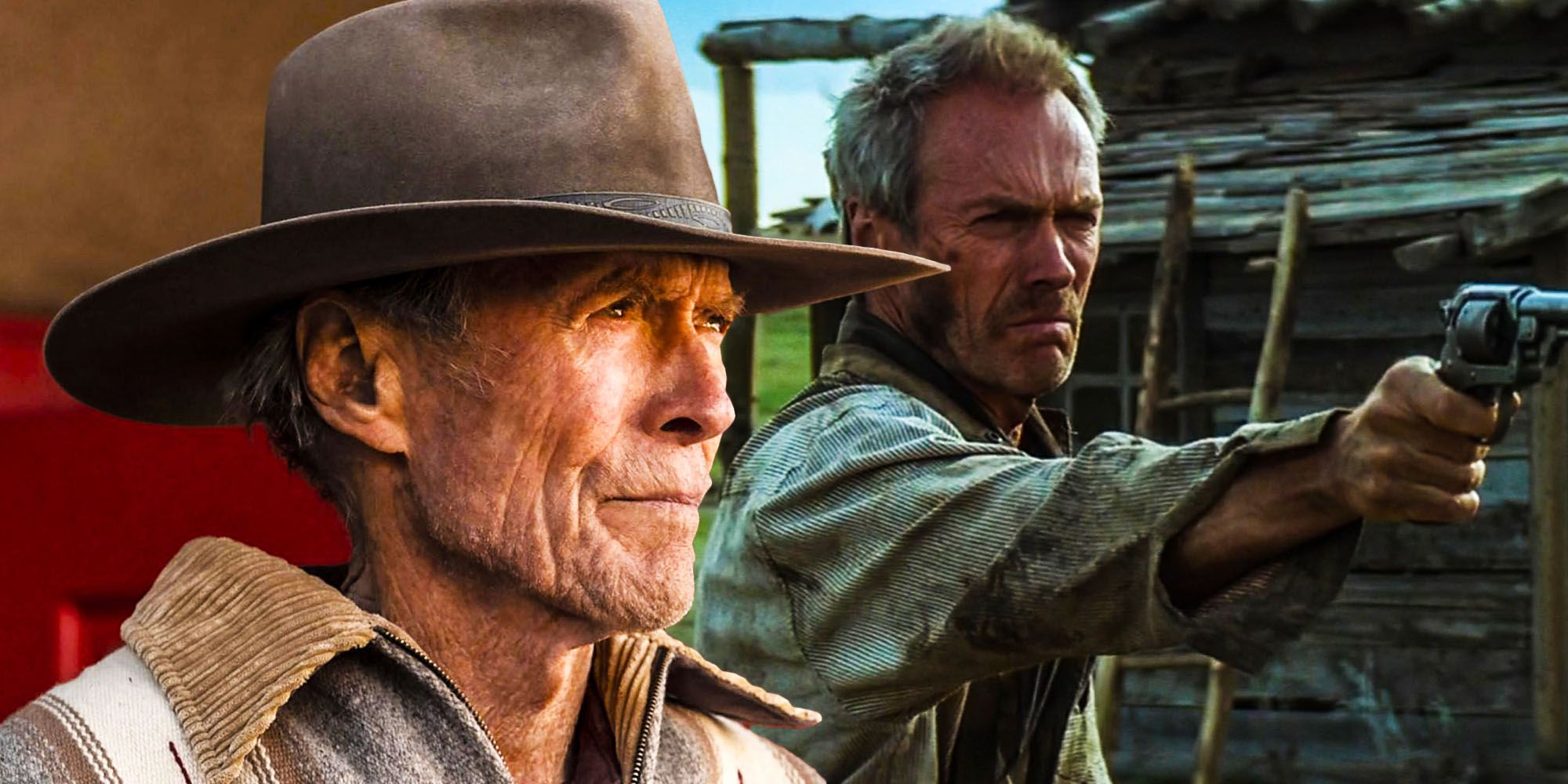Cry Macho is Clint Eastwood's return to the western genre for the first time since 1992's Unforgiven - here's why. Eastwood is truly one of the last great western movie stars and got one of his first breaks on the TV series Rawhide. It was his turn as the Man with No Name in Sergio Leone's spaghetti western Fistful Of Dollars - and its subsequent two sequels - that made him a genre icon. He went on to star in - and sometimes direct - other outings like Hang 'Em High and The Outlaw Josey Wales.
The genre itself slowly died throughout the 1960s and 1970s, and by the 1980s, Eastwood was one of the few stars still making them with the likes of 1985's Pale Rider. One of the most critically and commercially successful projects of Eastwood's career was 1992's Unforgiven, where he plays an aging, reformed killer tasked with one last job. The movie removed the genre's more mythic trappings to present a story of a man haunted by his past sins and finding that despite his wishes, he can't truly be absolved of them.
Unforgiven was praised for its writing, performances - including supporting turns by Gene Hackman and Morgan Freeman - and Eastwood's direction. The movie won four Oscars also, including Best Director and Best Picture. Eastwood hasn't appeared in a western since but is set to break that exile for 2021's Cry Macho. This Neo Western casts Eastwood as a washed-up rodeo star forced to kidnap a teenage boy and take him to his father. All signs point to Cry Macho being a moving drama, but why did it take nearly 30 years for Eastwood to return to the genre?
In the aftermath of Unforgiven's success, Eastwood stated it would likely be his last western and in many ways, it felt like the perfect way to end. It's a deconstruction of the screen image he had built over his career and the genre itself. It's a hard film to top, but crucially, the star never actually ruled out a return either. In 2003, he was rumored to star in and direct another western called Last Ride West, which followed an aging cowboy coming to terms with both the end of the frontier and his way of life.
That project didn't get made but showed Clint Eastwood was open to a western comeback with the right material. He was actually attached to Cry Macho years before Unforgiven was made but left an earlier take on the material to star in the Dirty Harry sequel The Dead Pool instead. Cry Macho is touching on many of the themes Eastwood has explored in the genre before, but in this case, the story feels more like an epilogue to his career as a western icon. Given its present-day setting, it may not look like one on the surface, but Cry Macho has the makings of a classic Clint Eastwood western.


